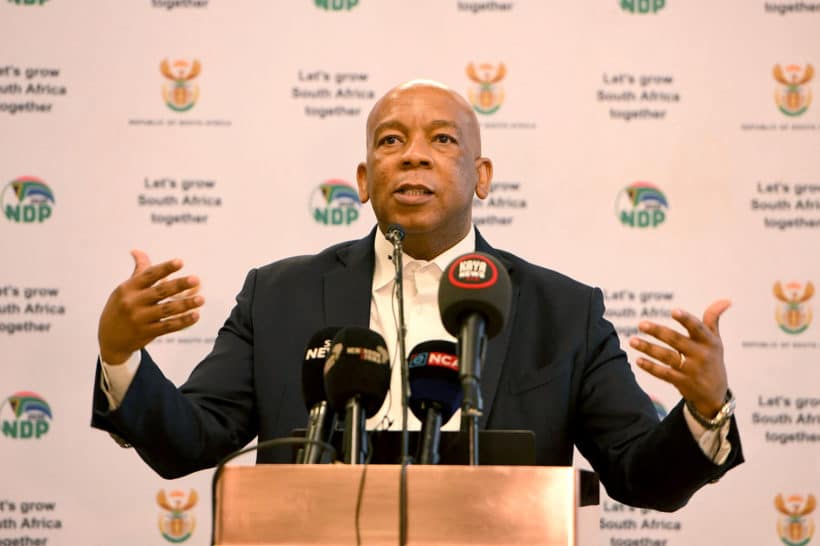
JOHANNESBURG, Nov 9 (Reuters) – South Africa will miss its binding 2030 carbon emissions targets under the Paris climate agreement, three senior government officials confirmed, as the country plans to run eight coal-fired power plants for longer than planned.
South Africa is the world’s 11th biggest greenhouse gas emitter and has one of the world’s highest per capita emissions.
It had committed under the Paris Climate Accords – a legally binding treaty on climate change – to cut emissions to between 350 and 420 million tonnes by 2030, from 442 million tonnes in 2020.
To achieve this, it planned to decommission eight coal-fired power plants, six by 2030 and the remaining by 2034, as power makes up half of its emissions, but switching to a renewable energy policy has been hampered by bureaucratic delays.
Now a power supply crisis makes this target unrealistic, said the officials, all of whom declined to be named because the information was not yet public.
“Our models suggest we will miss the 2030 target,” an official in the president’s office said, although he added that a new decommissioning target for 2035 was being discussed. South Africa has committed to net zero emissions by 2050.
An official from power utility Eskom also confirmed the target would be missed.
The environment ministry, which endorses climate targets, said the country remained committed to achieving its Paris agreement commitments and that it was too early to reach the conclusion that 2030 targets would be missed.
The ministry will be submitting its latest greenhouse gas inventory report to the United Nations before the COP28 summit which starts later this month, it said in an emailed response.
PARIS GOALS IN PERIL
South Africa’s decision comes as several rich countries and companies are backtracking on climate pledges, and on Wednesday the United Nations said fossil fuel output by 2030 will be more than double levels consistent with the 2015 Paris climate goals.
Canada’s auditor general on Tuesday said Canada would also miss its 2030 Paris targets. British Prime Minister Rishi Sunak in September delayed a 2030 ban on new petrol car sales by five years.
Global oil and gas behemoths BP BP.L, Shell SHEL.L and Exxon Mobil XOM.N have meanwhile either delayed or abandoned shifting to renewables. Several European countries reopened mothballed coal-fired power plants last year.
“It is very hard in the middle of a power crisis to be taking working coal-fired plants off the grid,” Crispian Olver, executive director of the Presidential Climate Commission (PCC), told Reuters in an interview, urging South Africa to shelve the idea until the crisis is solved.
Electricity Minister Kgosientsho Ramokgopa told journalists in August that decommissioning plants must be delayed “given the crisis … confronting us of existential proportions.”
South Africa has been suffering blackouts of sometimes up to 10 hours a day for the past 18 months.
In an emailed response to Reuters questions, a spokesperson for the PCC admitted there were risks attached to extending the life of coal plants, including “reduced trade competitiveness, reduced access to capital, reduced geo-political influence… and the potential loss of existing international support.”
Climate Action Tracker (CAT), an independent body tracking progress towards the Paris Agreement will publish an assessment of countries’ climate goals at COP28, said Catrina Godinho, Climate Specialist at World Bank and a CAT member.
Missing emission targets “not only contribute to global climate change… they also negatively affects South Africans who live in areas with high pollution from coal plants,” she said.
(Reporting by Promit Mukherjee; Editing by Tim Cocks, Michael Perry and Mark Potter)

